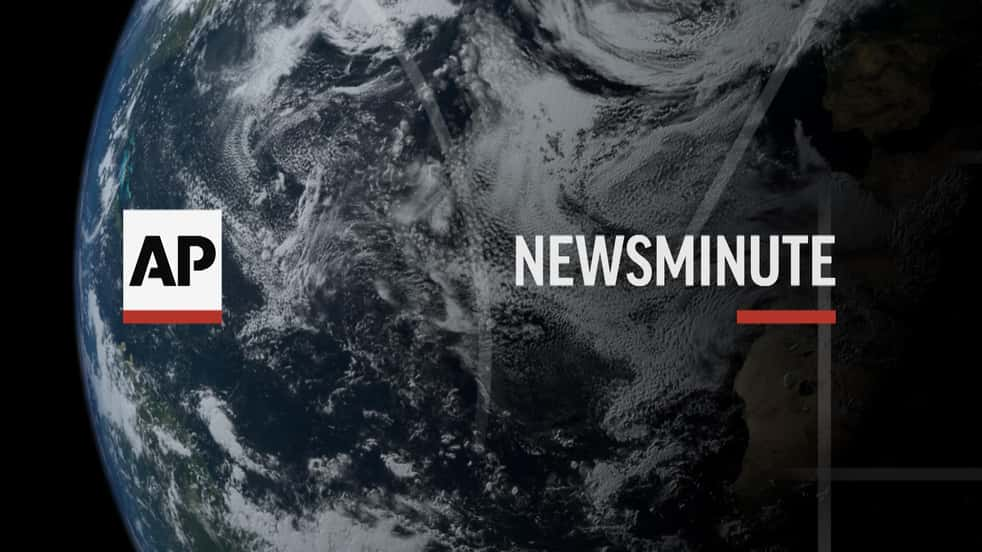by Blaise Malley

During a primary debate in November 2019, candidate Biden pledged to turn Saudi Arabia into "the pariah that they are." Fast forward, Biden announced in March that his administration would not sanction Saudi Crown Prince Mohammad bin Salman. This is because the United States has not "when we have an alliance with a country, gone to the acting head of state and punished that person and ostracized him." Beyond the fact that Saudi Arabia has never been a U.S. treaty ally, the rhetorical transition from "pariah" to "ally" was a striking one.
The White House’s policy approach to the Saudi kingdom has been similarly inconsistent. Early indications were that the president would push back against the crown prince and stand up for American interests when necessary. One of the administration’s first foreign policy moves was to announce an end to supporting Saudi "offensive operations" in Yemen. The White House later released a report affirming the crown prince's role in the October 2018 assassination of journalist Jamal Khashoggi.
More recently, there has been growing uncertainty about what Washington’s relationship with Riyadh might look like under the new administration. Both the status of a Trump-era arms deal with Saudi Arabia, and the specifics of what America’s role is in the Saudi war in Yemen remain unclear. What is evident, however, is that this is an excellent opportunity for Biden to undertake the serious rethinking that is needed in the U.S.-Saudi relationship and to reflect on the changing realities of what the relationship represents. While in the past, the partnership may have been mutually beneficial, today, Saudi Arabia needs the U.S. far more than vice versa.
With American dependence on Saudi oil steadily decreasing, the primary U.S. interest in the Middle East is counterterrorism. These limited interests surely do not necessitate billions of dollars in arms sales or the presence of approximately 3,000 U.S. troops in the kingdom.
There is a belief among some, including many who served in the Trump administration, that support for Saudi Arabia is necessary to counter the perceived threat of Iran becoming a regional hegemon. But in recent years, Saudi Arabia has played the role of being a disruptive force more often than being a stabilizing one in the Middle East. And not only do these actions often run counter to U.S. interests, but unconditional American support may even embolden Riyadh to pursue a reckless foreign policy without fearing the consequences.
More notably, signs increasingly suggest Riyadh is more susceptible to American pressure than previously believed by the national security establishment. First came Saudi Arabia’s ceasefire proposal in Yemen. As Dan DePetris wrote at the time in the Washington Examiner, "For years, there was an assumption that Washington could move Saudi Arabia in a more constructive direction by participating in Yemen’s civil war on the kingdom’s behalf. The opposite turns out to be true." Recent reports say Saudi Arabia and Iran have been partaking in talks aimed at repairing the tense relationship between the two regional adversaries.
While President Donald Trump’s policy toward the Saudi Kingdom essentially amounted to a blank check, the crown prince's reaction to even the mild rebukes offered by the Biden administration demonstrates he is unlikely to risk jeopardizing the relationship entirely. This raises the question of whether Mohammed would react accordingly if the American government looked to hold him truly accountable for continued human rights abuses, both domestically and in Yemen. The de facto Saudi leader’s actions and tone have already noticeably shifted in the past few months.
Just as with any other country, it is important that the U.S. be willing to cooperate with Saudi Arabia when the two countries’ interests align. Washington, though, must also be unafraid to stand up for its interests when they diverge from Riyadh’s.
To be sure, turning Saudi Arabia into a pariah state was never a realistic, nor necessarily a productive, ultimate goal. No good has come of trying to isolate other authoritarian countries, such as Iran, North Korea, and others. But the release of the Khashoggi report, the continued blockade in Yemen, and a clearer recognition of what constitutes American interests in the region mean that the door is open for the U.S. to alter its relationship with Saudi Arabia in a meaningful way.
No comments:
Post a Comment